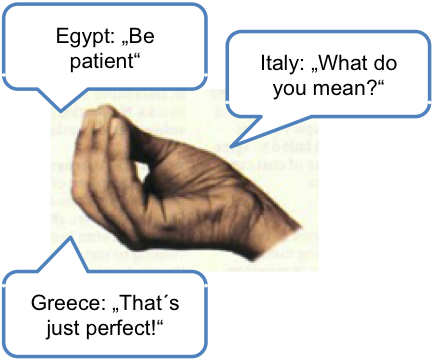Back when I was much younger, I remember enthusiastically talking to an established author. I LOVED reading as a kid, so getting the chance to talk to a Real Life Author was exciting. I babbled to him that one day I’d love to be a writer, too.
His response was… less enthusiastic.
“DON’T,” he answered. “You live in New Zealand. Your cultural references are all wrong for a global audience. Even your experience of the seasons is backwards. You’ll confuse a global audience, and never make any money. Don’t waste your time.”

Which put me off writing for a long time. Until the indie publishing revolution came about, and I thought, “screw it. What do I have to lose? Let’s just see what this global audience thinks.”
Fair to say, the response has been far better than that author led me to believe! But I’ve also been quite careful to avoid New Zealand-isms, and make sure all readers can understand what I mean.
But every now and then, the occasional one still slips through. When I was editing the latest book, Open Home Closed Heart, I made a reference to Tess only drinking long blacks.
And then I thought: have I ever heard someone call it a long black when I’ve been overseas? A quick google told me, nope, that’s a name only used in New Zealand and Australia. (My editor is Australian, which further explains how it slipped through.)
Right, got it, Tess drinks black coffee now.
And then I was on Twitter the today, and I was unexpectedly caught out again!


(Don’t judge me, chocolate porridge is delicious. Or should I say chocolate oatmeal?)
The cross-cultural differences just sneak in there, damn it. You’ve gotta be eagle eyed.
Any differences that have caught you out before? If you’re a writer, do you watch out for them? And if you’re a reader, do they bother you?
P.S. Open Home, Closed Heart is available on pre-order now, for a special reduced price of $0.99. So far all the advanced reviews have been five stars, so grab your copy quick!
Amazon: http://ow.ly/9vOU3012bpJ
iBooks: http://ow.ly/iEIx3012bs2
Nook: http://ow.ly/QjfV3012bF3
Kobo: http://ow.ly/Igho3014cN0

Another vote for porridge here – but I am in Scotland where it’s a staple food.
I’ve given up bothering about language differences to a large degree, although I’ve seen some other UK authors add a note to their book descriptions to say ‘British English’ (as opposed to American English), most often on crime novels, where perhaps there are more discrepancies in technical detail.
With the globalisation of the book industry, I don’t think it’s worth stressing about it these days, although I did in my first book (non-fiction, technical book sold on both sides of the pond).
I’ve read some ARCs for US authors and had to ask what certain colloquialisms meant, so it goes both ways, although I do get that the US holds the biggest chunk of the market.
However, I’m surely not going to talk about my characters wearing ‘pants’, which has a totally different meaning in the UK!
LikeLiked by 1 person
See, porridge is the best!
I did wonder about the ‘British English’ note, as that’s the spelling I use – but then I figured audiences were probably used to it, as long as I was consistent.
The pants issue is hilarious, I hadn’t even thought of it! And I do use it to mean jeans etc!
LikeLiked by 1 person
I’m English but I live in Canada now. The cognitive dissonance when people talking about answering the door not wearing their pants is…yeah.
I’m hyper-aware of all the ways my usage of language is different from the people around me. I don’t try to adapt my writing to use Americanisms instead of my Brit-isms, because my writing is set in England and why would English characters use American terms?
LikeLiked by 1 person
Exactly. Makes perfect sense to me, and that’s what I do for my Scottish set series, but for my epic fantasy, set in an imaginary world, i hedge my bets and try to use words that should be interchangeable in different countries, in the leg wear department I use leggings and breeches. No pants on my characters!
LikeLiked by 1 person
It’s porridge! I’ve only ever heard Americans say oatmeal… Well, each to their own. I’ve noticed in my writing I make a lot of British references, so I feel your struggle! I always have to google things to see if it’s a global term/custom. This is mainly with foods, like chips instead of fries, and crisps instead of chips etc.
LikeLiked by 1 person
Oh yes, chips and crisps is a good one! Took me ages to work out what each side was getting at.
LikeLiked by 1 person
That is so funny! My grandparents from England call it porridge as well, but they know oatmeal too. They’ve been here in America since they were in their 20s.
LikeLiked by 1 person
Ha, old habits die hard! Oatmeal makes me think of Oliver Twist-style gruel, whereas porridge is YUM winter food. But once it’s been pointed out, it seems so obvious they’re the same.
LikeLike